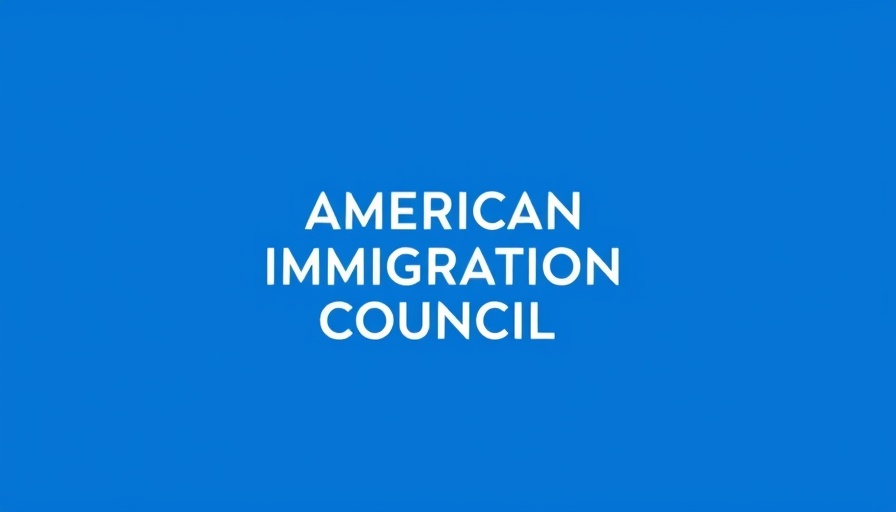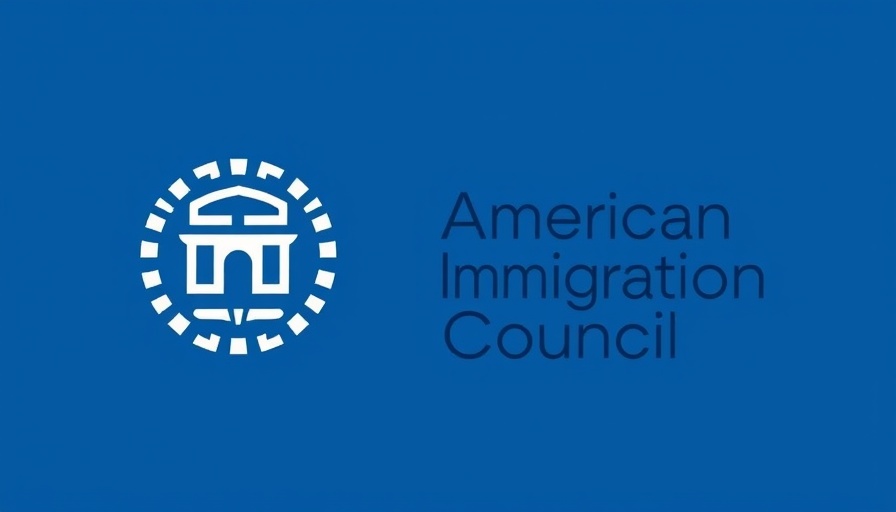
The Implications of Tennessee's Anti-Harboring Law
Tennessee's newly enacted Senate Bill 392 has incited fierce debate regarding immigration policy and civil rights. By criminalizing the act of providing shelter to individuals who are undocumented—regardless of intent—the law poses significant challenges to the state’s humanitarian obligations and the constitutional balance of immigration enforcement duties. Advocates for civil rights argue that the law not only threatens the sanctity of family units but also forces religious organizations to violate their core beliefs.
Unpacking the Lawsuit Against S.B. 392
On June 20, 2025, a coalition including the Southeastern Synod of the Evangelical Lutheran Church in America, local property owners, and advocacy groups filed a lawsuit against the state of Tennessee. They claim that S.B. 392 is unconstitutional on several grounds. Primarily, the lawsuit asserts that immigration enforcement should remain a federal responsibility, and allowing states to create their own immigration laws results in a chaotic legal landscape.
Vague Language and Its Consequences
The language of Senate Bill 392 has drawn criticism for being excessively broad, potentially criminalizing a host of benign actions that might fulfill humanitarian needs. This vagueness breeds fear among individuals, families, and community organizations, as they might inadvertently find themselves facing felony charges simply for extending hospitality. The chilling effect of such legislation hampers the community’s ability to provide assistance in an era when humanitarian responses are needed more than ever.
Fear vs. Public Safety: The Real Motivation
Critics argue that S.B. 392’s enactment is less about ensuring public safety and more about fostering a climate of fear and xenophobia. Senior legal advocates from both the American Immigration Council and TIRRC have voiced concerns that placing criminal penalties on altruistic actions fundamentally undermines public safety. When law-abiding citizens become potential targets for prosecution, communities will only grow more isolated and fearful.
The Broader Landscape of Immigration Law
As the lawsuit proceeds, it raises broader questions about the role of state versus federal jurisdiction in immigration. If states are permitted to impose their own regulations, the result could be a convoluted and conflicting set of immigration laws. Legal turmoil ensues as immigrants navigate the maze of rules that differ from one state to another, amplifying the present challenges in the current immigration system.
Potential Outcomes and Future Implications
As legal proceedings begin, the potential outcomes of this lawsuit could set significant precedents for other states considering similar laws. A court ruling against S.B. 392 could not only affirm the federal government's exclusive authority over immigration but also reaffirm the protection of humanitarian assistance. Conversely, if the law is upheld, it may embolden other states to follow suit, risking the proliferation of similar laws across the nation.
How Attorneys Can Support Civil Rights
Civil rights and immigration attorneys play a crucial role in influencing policies like S.B. 392. Engaging in advocacy, raising public awareness, and challenging unconstitutional laws through litigation can significantly shape the future of immigration rights and civil liberties. Collaboration with community organizations to protect individuals seeking asylum or haven can further reinforce the important work being done across the states.
Contact Us Today For More Details on how you can get involved in efforts to protect the rights of immigrants and ensure that justice prevails in Tennessee and beyond.
 Add Row
Add Row  Add
Add 

 Add Row
Add Row  Add Element
Add Element 




Write A Comment